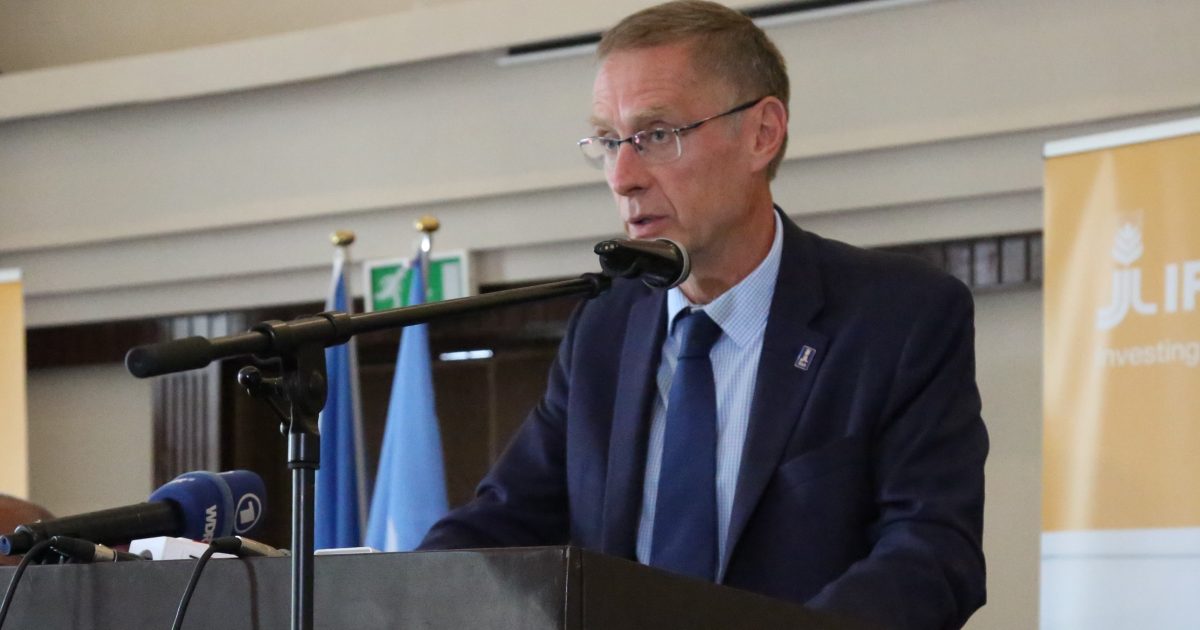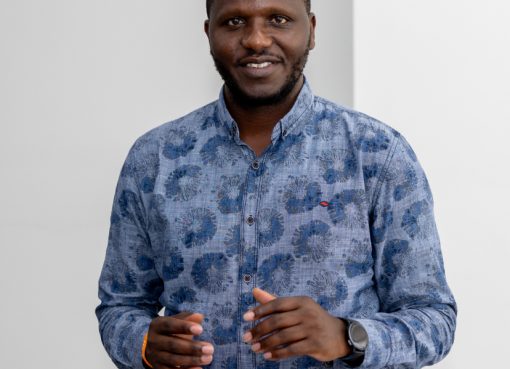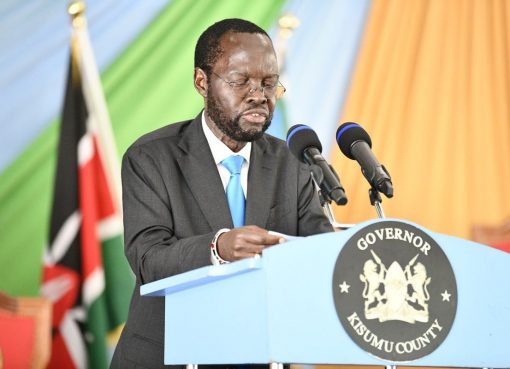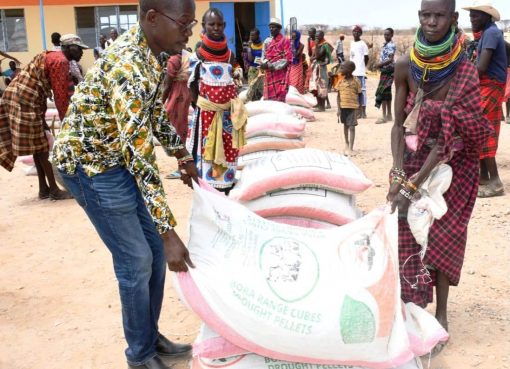The war in Russia and Ukraine has a devastating impact on millions of civilians, as well as far-reaching repercussions for global food security and poverty, United Nations International Fund for Agricultural Development (IFAD) has today said.
IFAD Associated Vice President Programme Management Department, Dr. Donal Brown, said that this shock has compounded another as the crisis comes on top of climate change and the effects of the Covid -19 pandemic with the most vulnerable paying the highest price.
He was speaking during the launch of a Crisis Response Initiative (CRI) by IFAD to ensure that small-scale farmers in high-risk countries can produce food over the next few months to feed their families and communities while reducing the threat to future harvests.
“The Russia and Ukraine war has pushed food, fuel and fertilizer prices toward record levels, putting food security in many of the world’s poorest countries at risk,” Dr. Brown said.
IFAD has further called on their Member States to contribute to the significant resources required to cover 22 countries listed in the Initiative, as priorities based on measures of need.
Dr. Brown explained that although Kenya is not on the list of 22 countries classified in dire need of food assistance, it is still grappling with the effects of prolonged drought, Covid-19 and climate change, with the spiraling food and energy prices, risking social unrests and destabilizing systems.
“Many countries are vulnerable to price shocks due to their high reliance on food and energy imports from Russia and Ukraine. In the horn of Africa, Somalia, Kenya, and Ethiopia are experiencing the worst hunger situation due to the high import dependency rate.
According to the Kenyan Government, currently there are 3.1 million people in dire need of food and IFAD say that compared to other countries in the Horn of Africa, Kenya can endure the effects of the increasing food prices as a substantial number of people in the rural areas are still farming and the government is also working hard to cushion the drought situation.
Dr. Brown said that IFAD’s new initiative will help protect livelihoods and markets so that the most vulnerable people, can continue to feed their families and communities.
During the press conference, Ambassador of Netherlands to Kenya, Marteen Brouwer, announced that his country will contribute Sh1.2 billion (Euro 10 million), paving the way for IFAD to start allocating resources immediately to Somalia, Afghanistan and Yemen which are the worst hit countries.
He explained that IFAD’s role is critical to mitigate any shocks to food systems and in doing so protect long-term development progress.
“The international community must anticipate the far-reaching and worryingly destabilizing consequences of this war in Europe, by supporting the most vulnerable,” said Brouwer.
The repercussions of the war, he added, are being felt most acutely in parts of Africa, the Near East, and Central Asia but other countries and regions are becoming more affected by the day.
“Many countries are vulnerable to price shocks due to their high reliance on food and energy imports from Russia and Ukraine. Other countries, especially in Central Asia, are experiencing a deterioration of trade coupled with a significant reduction of the inflow of remittances,” IFAD states.
IFADs Regional Director, Dina Saleh, said that Somalia is already coping with the triple C of conflict, climate change and Covid-19, as it has been 100 percent dependent on Russia and Ukraine for wheat imports.
“Somalia has limited local production capacity and relies on external markets for food and fuel, as well as agriculture inputs. Food security is gravely at risk,” she said.
Saleh said that IFAD targets small-scale producers and poor rural people in the farm and fishery and livestock sectors are the primary source of livelihood and income for 80 percent of the rural population in Somalia.
“This is why Somalia is at the top of IFAD’s priorities as we launch the CRI today. It is critical that we act now to mitigate the risks of decreased agricultural production and the reduction of the local agricultural workforce,” Saleh said.
According to IFAD, vulnerable rural people are hit hard by the increasing prices of essential agricultural inputs, particularly now as they start a new planting season with Small-scale farmers, for instance, struggling with paying fuel for machinery, fertilizer costs and transport to reach markets, and most don’t have the capacity to absorb price hikes.
The List of countries that will be supported by the Crisis Response Initiative (CRI) in order of priority need are Somalia, Afghanistan, Yemen, Mozambique, Haiti, Ethiopia, Burundi, Eritrea, Madagascar, Central African Republic, Malawi, Chad, Niger, Mali, Uganda, Liberia, Guinea-Bissau, Gambia, Comoros, Sri Lanka, Bhutan and Benin.
By Wangari Ndirangu





